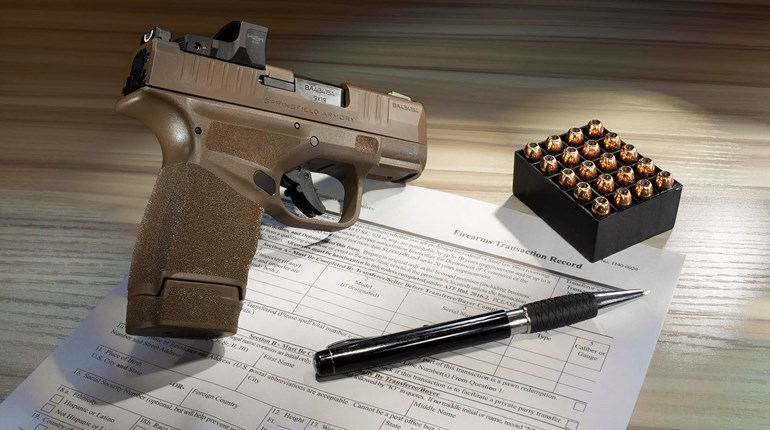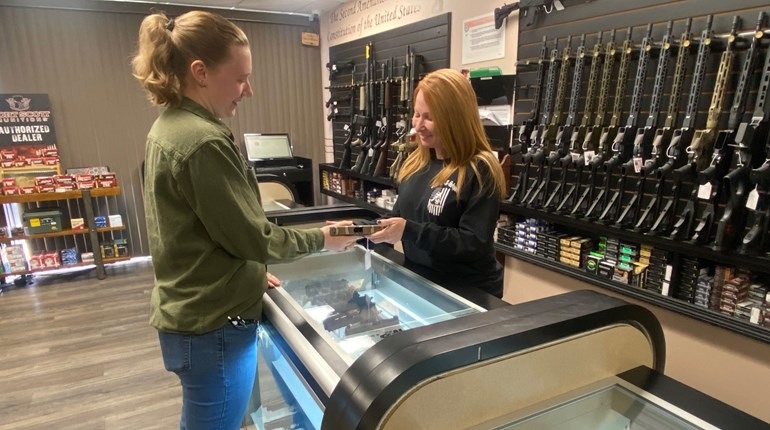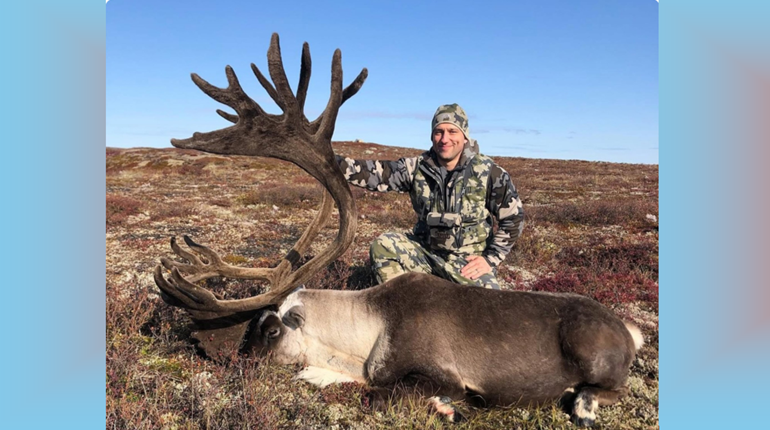
Americans have been purchasing firearms and ammunition in record-setting numbers since early 2020 and while this is newsworthy by itself, the impact of gun and ammunition sales is far greater than many realize.
Whenever someone buys a firearm or ammunition, a portion of each purchase goes toward wildlife conservation efforts, hunter education, shooting-related projects and more via an excise tax. This is thanks to the Federal Aid in Wildlife Restoration Act, more commonly known as the Pittman-Robertson Act, which was passed in 1937.
Since the act’s passage, gun owners have contributed over $15 billion to Pittman-Robertson funds, according to a report from the National Shooting Sports Foundation (NSSF).
“This is an achievement for which all in the firearm and ammunition industry are proud. This historic milestone is indicative of the value this industry places on the conservation of wildlife and the habitats in which they thrive,” said Joe Bartozzi, NSSF president and CEO. “The firearm and ammunition industry is filled with pride to achieve this landmark for conservation funding and the role our industry plays to ensure America’s wildlife is perpetuated for future generations.”
Pittman-Robertson imposes an 11% excise tax on the wholesale price long guns and 10% on handguns. The revenue from this tax is deposited into a special trust fund under the management of the U.S. Fish and Wildlife Service to be used for state wildlife restoration projects. These funds have contributed to the recovery of numerous iconic species throughout the nation, including the American bald eagle, the wild turkey and many big-game species.
And as we’ve previously written, “[a]pproximately 75% of the excise taxes on guns and ammo comes from non-hunting related purchases. State wildlife agencies often utilize these excise tax funds to build or enhance target-shooting facilities, which will give gun owners even more places to practice and safely enjoy the shooting sports.”
In late 2017, it was reported that over $7 billion in funds had been collected by Pittman-Robertson since its beginning in 1937. Now that number has more than doubled in just over a decade. It’s hard to overstate the impact the firearms industry has had on wildlife conservation efforts and the shooting sports throughout the country.
“Sportsmen are the primary supporters of efforts to protect game species. Conservation efforts, fueled by Pittman-Robertson funds, such as the acquisition and improvement of wildlife habitat, research, public access facilities, and hunter education programs, along with state wildlife agencies that carefully regulate hunting, have helped restore and now conserve America’s abundant wildlife populations,” said the NRA Institute for Legislative Action.


































